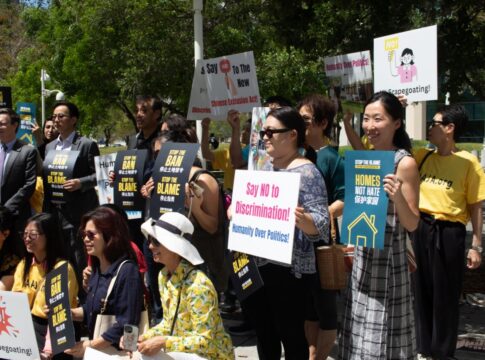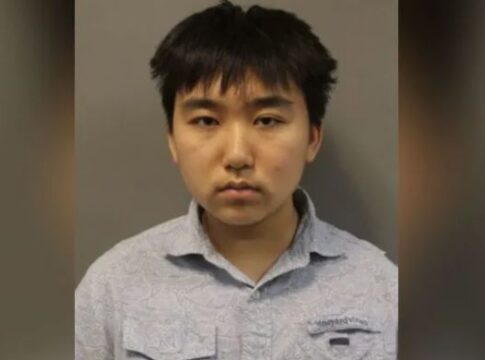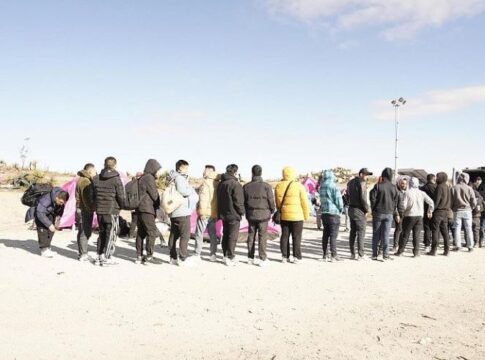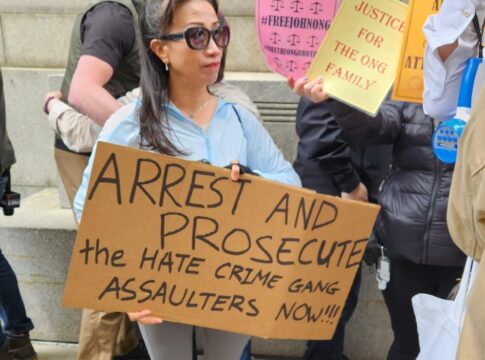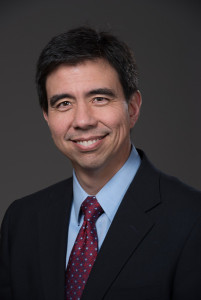 By Shirley N Lew, AsAmNews NY Correspondent
By Shirley N Lew, AsAmNews NY Correspondent
Alan Lui went from launching a start up to managing 50,000 employees.
Lui is the senior vice-president of human resources at Time Warner Cable (TWC) in New York.
He is the liaison between the company and its employees, making sure that relationship runs smoothly.
Prior to joining TWC, he founded a start-up, Nove Technologies.
LATEST STORIES
Lui said he never imagined working in HR. Prior to launching his start-up, he gained experience in business strategy and as a manager of professional development at another company, McKinsey. From there, Time Warner Cable offered him a chance to run its video strategy group. It wouldn’t be long before he was told he also had a “good temperament for the HR position”, chuckled Lui.
“At the end of the day, a company is a bunch of people that are trying to get something done and work together. Who the people are and what culture they exist in is what will determine your success and failure,” he said.
In 2014, a non-profit Asian-Americans Advancing Justice (AAAJ), recognized TWC’s efforts in encouraging diversity and creating support groups within the company. This lead TWC to be the recipient of the Bridge Builder Award which Lui accepted on its behalf.
It was TWC’s “long history in advancing diversity,” said Lui.
Lui explained that such extremely strong groups as the LGBT network helps them stay connected with fellow employees and the company. The Asian-Pacific Island Collective network was created just last year. Within each network, there are speakers, workshops and panel discussions to help enrich the employee’s career. Lui said the networks also help with employee retention.
‘It’s being connected and having those relationships that really makes people feel more at home at the company, “ said Lui.
Lui agreed to answer questions from AsAmNews.
What kind of obstacles do you think Asian Americans face in this industry?
“I think people lack awareness that there is an issue to address. Asians are very well represented in the technology sector which may seem to others (non-Asians) that there aren’t any obstacles there and that Asians are fine right where they are. Asians may not be aware that this attitude can actually pigeon hole them and they need to pay attention to such behavior towards them”.
What advice would you give to Asians, who might tend to think of themselves as quiet and looking to advance into upper management?
“Be comfortable with who you are rather than be someone else. What hurts you is feeling that you have to make adjustments (to yourself) because you feel inadequate. You should continue to find ways you can contribute and add value, in the way that you do it best. That’s how you become successful, but the bigger picture is being satisfied that we don’t have to become someone else to do that. I grew up feeling that humility is very important. Listening is more important than talking. . The work environment has to become more amendable from getting values from people that don’t’ have that same aggressiveness, forcefulness or volume. I really want to hear what quiet people think. Those voices may have a lot to say, but the environment doesn’t provide them a way to and may not make it easy for them to be heard. So as a company, it needs to make an effort to collect all of the perspectives.”
How is the diversity in TWC?
“We track our level of representation in the community that we serve. Overall, we are doing pretty well. TWC has focused on this for a long time. However, we like to see that same diverse mix up in the management hierarchy. We are trying to get a much bigger representation of women and people of color at various ranks and more hiring from the outside. Those numbers are not as high as we like them to be, but we are trying to guide them in the right direction.
When hiring someone in an entry-level position, Lui explains that Time Warner wants to be able to offer a career path for them. Employee retention is always best for the company, especially the good ones and that should be what every company is focusing on, but when employees leave, it’s costly.
“Turnover is so much more expensive than we think it is. We’ve been working hard to create opportunities so employees don’t think they have to leave. I would like to see us promoting people where the promotions and representation of the higher management level are entirely representative of a diverse mixture as our front line (lower level management) jobs.”
What do you wish other companies would replicate from TWC’S hiring process?
“The companies should be reflecting the community and job market that they serve, then that ability to maintain that diverse mix of people is “almost self full-filling.”
Are there any companies that has a business model in the diverse hiring process that you envy?
“I’ve seen many companies that do that well and what they all have in common is the commitment from the top. If the very senior leadership of the company is looking at the numbers of the breakdown of where the diversity is, it’s because they feel its imperative for the business.”
How does one manage a company with over 50,000 employees?
“Coming from a smaller community, you tend to know everybody and you can think and manage them as an individual, but in a large organization you just have to use numbers and reports”, Lui answered.
He also added that it was important for him to get out his office and go out in the field to sit with the employees. He enjoys talking to them and allowing them to ask him questions. He feels when a company offers to listen, the message to these employees is that they are not forgotten and that they have things on their minds.
“It’s just fun and I feel the passion and energy. I love doing it because I get so much energy from it. If I ever feel this job is difficult, I get out there in the field. Being there is worth every minute.”
Lui is of Hawaiian descent. Prior to joining Time Warner Cable, he founded Nove Technologies, Inc., a startup focused on applying high-temperature super conductor technology to electric power distribution. He holds a B.S. in Electrical & Electronics Engineering from the University of Notre Dame and an M.B.A. from Harvard Business School.


